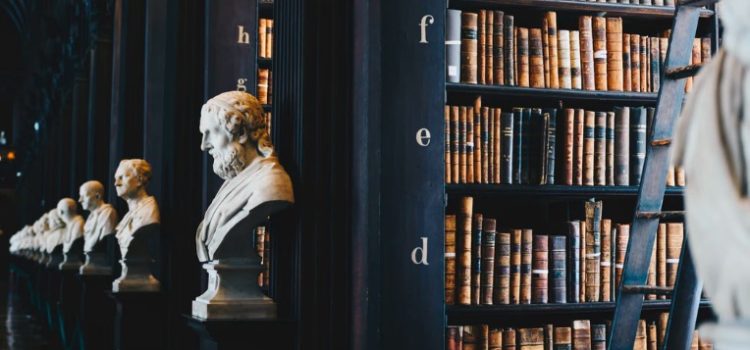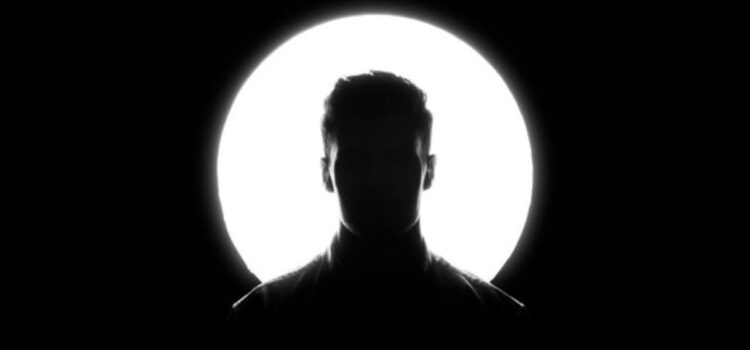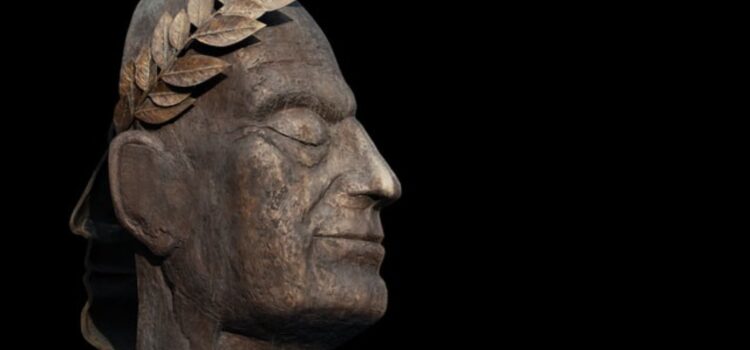What is Ryan Holiday’s The Obstacle Is the Way about? What are the key themes discussed in the book? In The Obstacle Is the Way, Ryan Holiday explains how to apply the principles of Stoicism to overcoming challenges in everyday life. The book is packed with anecdotes that illustrate how these principles have been applied in practice by some of the greatest minds in history. Here is a brief overview of The Obstacle Is the Way by Ryan Holiday.
Stoicism and Ryan Holiday: The Obstacle Is the Way










